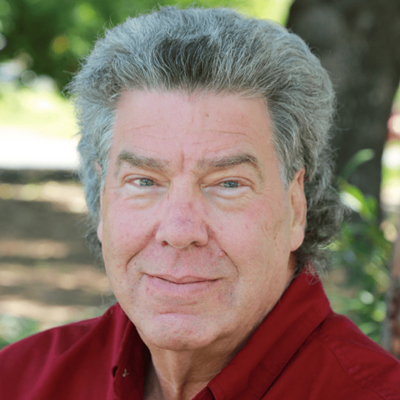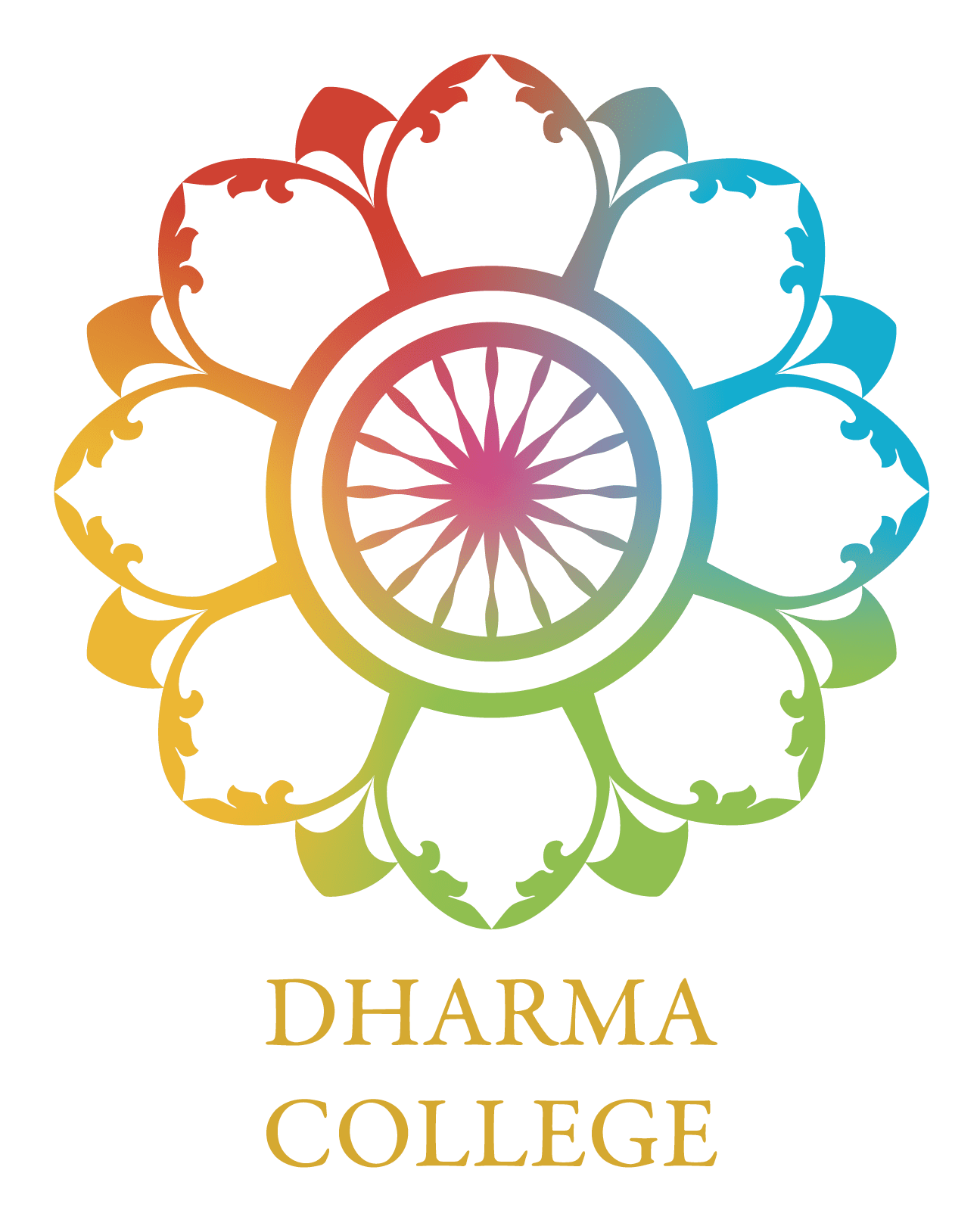This one year program
is seminar based for Dharma College members who have worked with some 100 and
200 level materials. Over a one year period we will work through Keys of
Knowledge, a book Tarthang Tulku dedicated Keys to his students and to
the living possibility of a Western Dharma tradition. He is completely
aware however of the obstacles Westerners must overcome:
I discovered that it was rare for Westerners to
feel comfortable within their own skins. I
encountered chronic forms of mental suffering that took shape as skepticism,
disappointment, and frustration, and specific cognitive and cultural patterns
that often led to interpersonal tension and deep dissatisfaction with the self,
‘the one who’ seems to architect all the pain within.
Prologue: Mind Holds the Keys
Keys of Knowledge 4
Practical and practice oriented, he points out a better way
of operating our minds:
To solve these problems, we will need to provide a new
atmosphere; we will need to change the internal conditions under which the mind
operates.
In order to do that, we need to understand them.
Prologue: Mind Holds the Keys
Keys of Knowledge 7
The kind of ‘understanding’ required is more closely aligned
with ‘direct experience’ than with ‘conceptual knowing.’ Direct experience –
embodied knowing - is the ‘internal change’ that allows us to discover the
magical chariot, the Dharma of the Dharmadhatu (Keys of Knowledge 14).
I studied Keys last year and found it to be like a distilled
Lotus Trilogy. This worked well for me, because I had spent 5
years focusing on the Trilogy, and enjoyed seeing it compressed into a polished
jewel. Application and
practice are central which I 100% endorse.
Reading Keys again in 2024 has opened new dimensions. I
picked up on Rinpoche’s understated clues in the text of the importance of Yogācāra to the
Nyingma lineage. This has helped me understand that all three turnings
of the wheel of Dharma are keys of knowledge. I also detect esoteric hints in
Keys that I don’t yet understand very clearly. Nonetheless, understanding the
three turnings has added depth to my appreciation of Keys and influences my
approach to leading a seminar about this text.
The first turning is the
original teachings of the Buddha and Abhidharma, including teachings
from the Buddha's earliest historical period (5th and 6th
century BCE), such as the four noble truths, the eightfold path, and
impermanence. The first turning remains
embodied in the oldest extant Buddhist lineage – the Theravadin. Conceptually
these teachings are about dependent origination and the afflictions that result
from ‘I am’.
The second turning is the
perfection of wisdom teachings of the Prajnaparamita, which heralded the
emergence of Mahayana Buddhism several hundred years after the time of the
Buddha. These teachings are about emptiness (sunyata), compassion and the
Bodhisattva path. Nāgārjuna (2nd century CE) is the most prominent
expounder of Mahayana.
The third turning emerged in
the 4th century CE with the emergence of Yogācāra which
restored the relevance of Abhidharma despite its ‘ontologizing impulse’.
Abhidharma analysis proves to be a very useful skillful means for progressing
on the path of the Bodhisattva. Its flaws were addressed by incorporating
Mahayana ‘emptiness’ with Abhidharma ‘analysis’ - all concepts and ‘dharmas’
are provisional and empty. Asaṅga and his half-brother Vasubandhu founded the Yogācāra
school.
Returning to the primacy of
practice:
philosophical ideas are only skillful and useful if they help us practice.
Contemplating the text of
Keys of Knowledge is practice,
and there are contemplative practices in
Joy of Being and
Gesture
of Great Love that deepen our understanding. Please join us for an
illuminating journey.
Testimonials
"The instructors bring in their ideas and the
class members interact. We do exercises
together and play with the dialogs that Rinpoche has offered in the book ...as
a starting point. Putting all this
together ( the content of the book, the instructors, the class participants)
leads to very rich experiences and opportunities to see from new perspectives
that offer more opportunities when dealing with challenging situations. Thank
you!"
Jane C.
"Very expansive, provocative and exciting- always
genuine and wise. I look forward to more."
Suellen E.
"Very precious
teaching , a lesson in
Compassion. I am at a loss to say how
much I appreciate."
Marianne P.
This
seminar based class is for advanced students at Dharma College. Classes meet online for five terms, six weeks
each term, 90 minutes a week. There will be close work with the text of Keys
of Knowledge, limited lecture material on Western and Buddhist theory,
discussions, and contemplative exercises. Classes are recorded and accessible
for six months. An online community portal gives you the option to meet and be
in dialogue with your fellow students.
Week One:
Prologue: Mind Holds the Keys
o
A mission for Western mind
o
The mind’s bias
Week Two:
Prologue: Mind Holds the Keys
o
A life shaped by the Dharma
o
A Buddhist perspective on mind
o
Shantarakshita’s knowledge of mind
o
Padmasambhava’s Mantrayana power
Week Three:
Prologue: Mind Holds the Keys
o
Manifesting Bodhichitta
o
Knowledge relevant to the West
Week Four:
Chapter One: Going
o
Being Present
o
The rhythm of experience
Week Five:
Chapter One: Going
o
Presenting experience to mind
o
One or many experiencers?
o
Always forward
Week Six:
Chapter One: Going
o
Stuck with Models
o
Only loops
o
The ‘hows’ of instrumental knowledge
What’s the point?
Bob Dozor is the Medical Director of Lotus House - the Nyingma Senior Retreat Center at Ratna Ling. He holds a BA from the University of Chicago in the History and Philosophy of Science and an MD from the University of California, San Francisco, after which he practiced Family Medicine for 40 years. He has been a student of Buddhism since the 1960’s, a student of Venerable Tarthang Tulku since 1972, and a student and then instructor at Dharma College since 2018.


